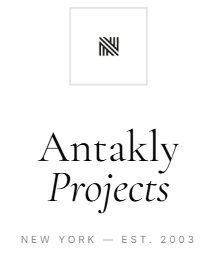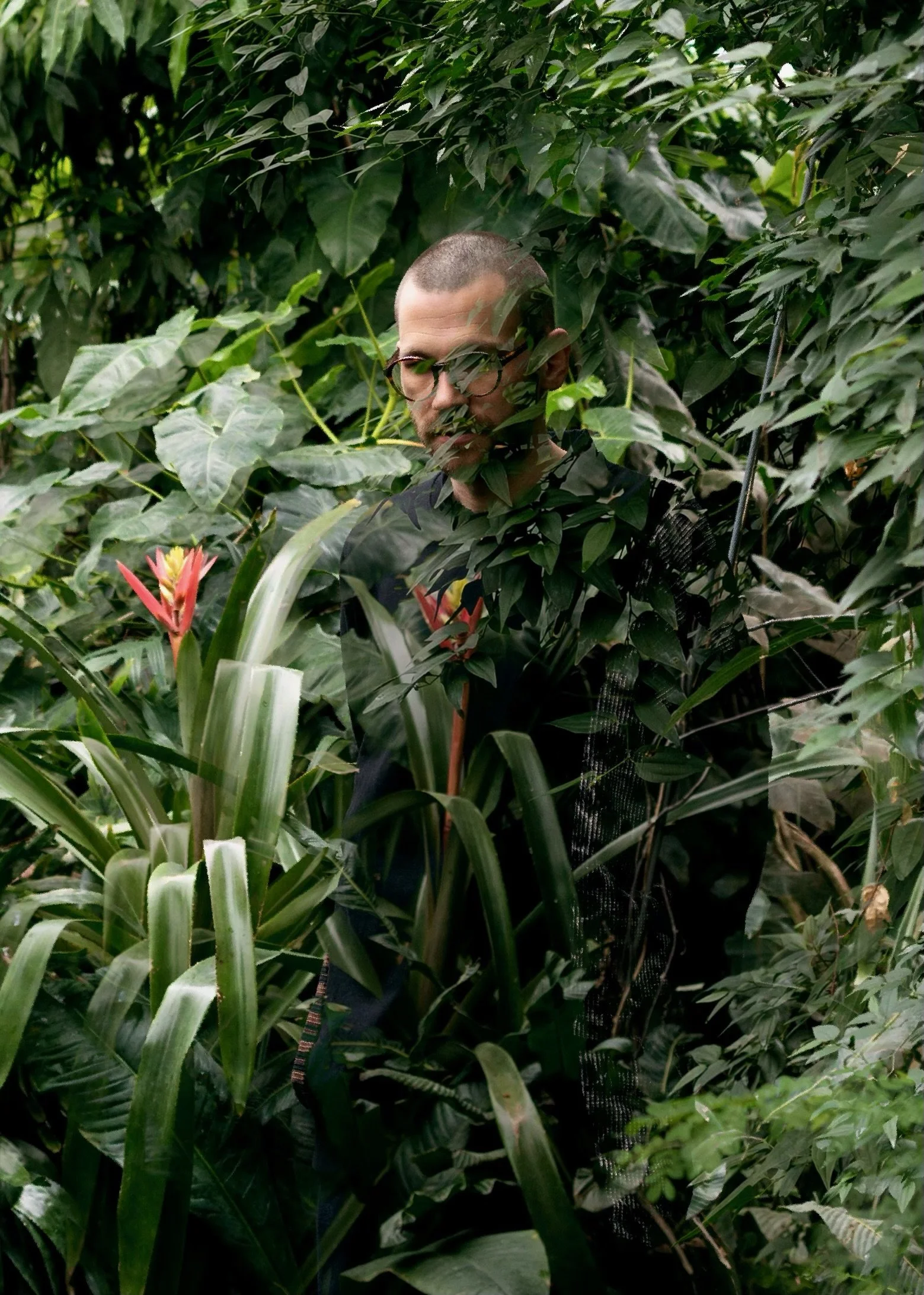THIS RECORD IS LIKE MY INNER MONOLOGUE
Today we feature Balint Dobozi, a Hungarian-Swiss music producer and pianist.
He grew up and was nurtured in a musically rich home, learned to play the piano at a very early age, got into electronic music in his teens, played and toured with a few bands, and is now releasing an album which connects the dots: (neo)classical and electronica, jazz and ambient. When he was sixteen, he bought his first synthesizer and over the years, played with Kalabrese and helped him with his release on Zip’s Perlon imprint. He is also the musical director for Kala’s live project called Rumpelorchester, where he plays the keys.
I wanted to find out more about myself by going through the process. Avarnes is the result of this journey
Greatest inspirations or influences?
My mother and her friends in classical music, huge talents, impressive performers, innovative composers. The Beatles – from teen pop to immense psychedelic creativity.
Miles and Herbie – pushing the boundaries of music.
The electronic music pioneers in all musical styles.
Hungary – my motherland and its music. Madrid – the city with the best audience I know (thanks Balint we love to hear that)
What is your creative process like?
Ideas are always there in my mind, or can be triggered by a sound, or a feeling. I record ideas, quick drafts into my phone, or on the piano. Then I develop them in the studio, sometimes on Ableton, because it’s fast and intuitive. Sometimes, when I already have a clear direction of where the idea should go I record it straight into the DAW. Although I’m more of a evening and night person I manage to create at almost any time of the day.
How has covid impacted your industry?
The sudden and almost complete reduction from social to domestic life helped me with finishing my album. It made me more focused and forced me to work at the studio. Which was just perfect for me, at that time. The live music and clubbing industry is heavily impacted by it and of course it will not die, but it will continue under quite different conditions. Uncertain times are great for creativity as we have to imagine the future, however from the point of view of economics, a lot of people are suffering.
Anything else?
Creativity has to do with letting the mind flow, but then it’s also about catching the good ideas and putting them into context. It’s a fine balance between the freedom of the mind and the art of shaping ideas.







